Get help
Ghana
Ghana is a country of vibrant energy and rich cultural heritage, nestled in the heart of West Africa. Known for its warm and welcoming people, Ghana offers a mix of natural beauty, history, and bustling cities. The landscape is diverse, ranging from tropical forests to savannah plains, with stunning coastlines along the Gulf of Guinea. The capital, Accra, is a dynamic city filled with color, music, and life, where the rhythm of Afrobeat and highlife music can be heard echoing through the streets, and vibrant markets showcase everything from fresh fruit to handmade crafts.
The country’s history is deeply rooted in the ancient kingdoms of the Ashanti and other ethnic groups, with magnificent palaces and historical sites like the Cape Coast Castle, a reminder of the country’s painful history during the transatlantic slave trade. But Ghana is also a land of hope and progress, having been the first African nation to gain independence from colonial rule, setting a precedent for many others to follow.
When it comes to surrogacy, the practice is not widely regulated or common in Ghana. Surrogacy is not specifically addressed by the country’s laws, which means it is often practiced informally or in a gray legal area. The lack of clear regulations and legal frameworks for surrogacy can create challenges for both intended parents and surrogates, especially when it comes to defining parental rights and legal parentage.
In Ghana, there are no strict laws governing surrogacy, and the process can be fraught with risks for all parties involved. Surrogate mothers may not always receive adequate legal protection or medical care, and the lack of regulation can leave them vulnerable to exploitation, especially if they are in financially disadvantaged situations. Additionally, there are concerns about the lack of proper counseling and support for surrogates, as well as the potential for emotional and psychological challenges that can arise from such arrangements.
For intended parents, the absence of clear legal guidelines can create uncertainty about their rights to the child. The legal system may not always recognize the intended parents as the rightful guardians, which could result in lengthy and complex legal battles after the child is born.
While Ghana is a country with immense potential and beauty, the lack of formal surrogacy laws presents significant challenges for those who may consider it as an option. Without clear regulations, the practice can be fraught with ethical, legal, and medical concerns, and those seeking surrogacy in Ghana should proceed with caution and seek thorough legal advice before entering into any arrangements.
The country’s history is deeply rooted in the ancient kingdoms of the Ashanti and other ethnic groups, with magnificent palaces and historical sites like the Cape Coast Castle, a reminder of the country’s painful history during the transatlantic slave trade. But Ghana is also a land of hope and progress, having been the first African nation to gain independence from colonial rule, setting a precedent for many others to follow.
When it comes to surrogacy, the practice is not widely regulated or common in Ghana. Surrogacy is not specifically addressed by the country’s laws, which means it is often practiced informally or in a gray legal area. The lack of clear regulations and legal frameworks for surrogacy can create challenges for both intended parents and surrogates, especially when it comes to defining parental rights and legal parentage.
In Ghana, there are no strict laws governing surrogacy, and the process can be fraught with risks for all parties involved. Surrogate mothers may not always receive adequate legal protection or medical care, and the lack of regulation can leave them vulnerable to exploitation, especially if they are in financially disadvantaged situations. Additionally, there are concerns about the lack of proper counseling and support for surrogates, as well as the potential for emotional and psychological challenges that can arise from such arrangements.
For intended parents, the absence of clear legal guidelines can create uncertainty about their rights to the child. The legal system may not always recognize the intended parents as the rightful guardians, which could result in lengthy and complex legal battles after the child is born.
While Ghana is a country with immense potential and beauty, the lack of formal surrogacy laws presents significant challenges for those who may consider it as an option. Without clear regulations, the practice can be fraught with ethical, legal, and medical concerns, and those seeking surrogacy in Ghana should proceed with caution and seek thorough legal advice before entering into any arrangements.


How to avoid fraud when starting the program?
fill out the form and I will answer this question

